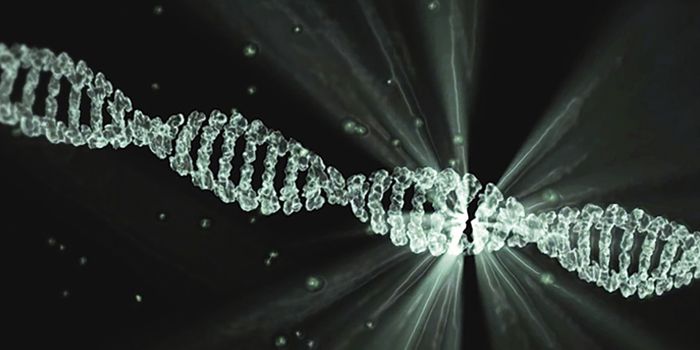Towards a Targeted Elimination of Leukemic Cells
Our blood carries many types of critical cells, including platelets, red blood cells, and white blood cells. Blood cells are made in the bone marrow by hematopoietic stem cells. A type of cancer called acute myeloid leukemia (AML) aggressively affects these stem cells, creating leukemic stem cells that move through the bone marrow and into the blood. They can start attacking other organs after that. Treatments like radiotherapy and chemotherapy can destroy these rapidly-dividing leukemic stem cells, but they act like a sledgehammer instead of a scalpel and also eliminate healthy dividing cells. Patients need a stem cell transplant after these treatments, making the arduous therapy unsuitable for many patients.
Researchers are now attempting to create a way to selectively kill leukemic stem cells. Reporting in the journal Leukemia, this procedure was tested in an animal model and it was able to destroy leukemic and hematopoietic stem cells with more specificity.
"Compared to normal strategies, our method works very selectively, meaning that mature blood cells and other tissues are spared," said the study leader Markus Manz, a professor of medicine at the University of Zurich (UZH) and director of the Department of Medical Oncology and Hematology at the University Hospital Zurich (USZ).
In this work, the researchers used CAR-T cell therapy, in which the immune cells that can attack pathogens and tumors (T cells) are taken from a patient and genetically altered to be more efficient cancer-killers. The T cells are modified so that they will produce surface receptors called chimeric antigen receptors (CARs) that enables them to latch on to healthy hematopoietic and leukemic stem cells specifically, then destroy them. Importantly, however, the CAR-T cells are deactivated before the transplant of a healthy donor's hematopoietic stem cells, so they won't attack these new cells. The healthy, transplanted cells can then start rebuilding the body's blood cells.
This method was tested in cell culture and in a mouse model, but the researchers are hopeful that it will work in people too. "The principle works: It is possible to eliminate, with high precision, the leukemic and hematopoietic stem cells in a living organism," said Manz.
The scientists are also investigating whether antibodies that activate T cells might work in place of CAR-T cell therapy, and they are planning a clinical trial.
"If our method also works with humans, it could replace chemotherapy with its serious side effects, which would be a great benefit for patients with acute myeloid leukemia or other hematopoietic stem cell diseases," added Manz.
Sources: AAAS/Eurekalert! via University of Zurich, Leukemia






![Everything You Need To Know About NGS [eBook]](https://d3bkbkx82g74b8.cloudfront.net/eyJidWNrZXQiOiJsYWJyb290cy1pbWFnZXMiLCJrZXkiOiJjb250ZW50X2FydGljbGVfcHJvZmlsZV9pbWFnZV9mNTM1ZjIyYzA5MDE5ZmNmMWU5NmI0ZDc4NWU2MzdiZTZlN2I5ZDk5XzE4NDUuanBnIiwiZWRpdHMiOnsidG9Gb3JtYXQiOiJqcGciLCJyZXNpemUiOnsid2lkdGgiOjcwMCwiaGVpZ2h0IjozNTAsImZpdCI6ImNvdmVyIiwicG9zaXRpb24iOiJjZW50ZXIiLCJiYWNrZ3JvdW5kIjoiI2ZmZiJ9LCJmbGF0dGVuIjp7ImJhY2tncm91bmQiOiIjZmZmIn19fQ==)

